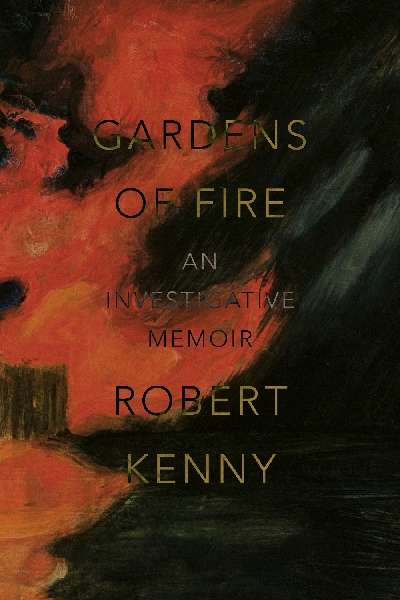UWA Publishing
The Marriage Knot: Marriage and Divorce in Colonial Western Australia by Penelope Hetherington
by Anne Partlon •
Gardens of Fire: An Investigative Memoir by Robert Kenny
by Ian Gibbins •
Australia’s Asia: From Yellow Peril to Asian Century edited by David Walker and Agnieszka Sobocinska
by Nick Hordern •
Taking Stock: The Humanities in Australia edited by Mark Finnane and Ian Donaldson
by Robert Phiddian •










